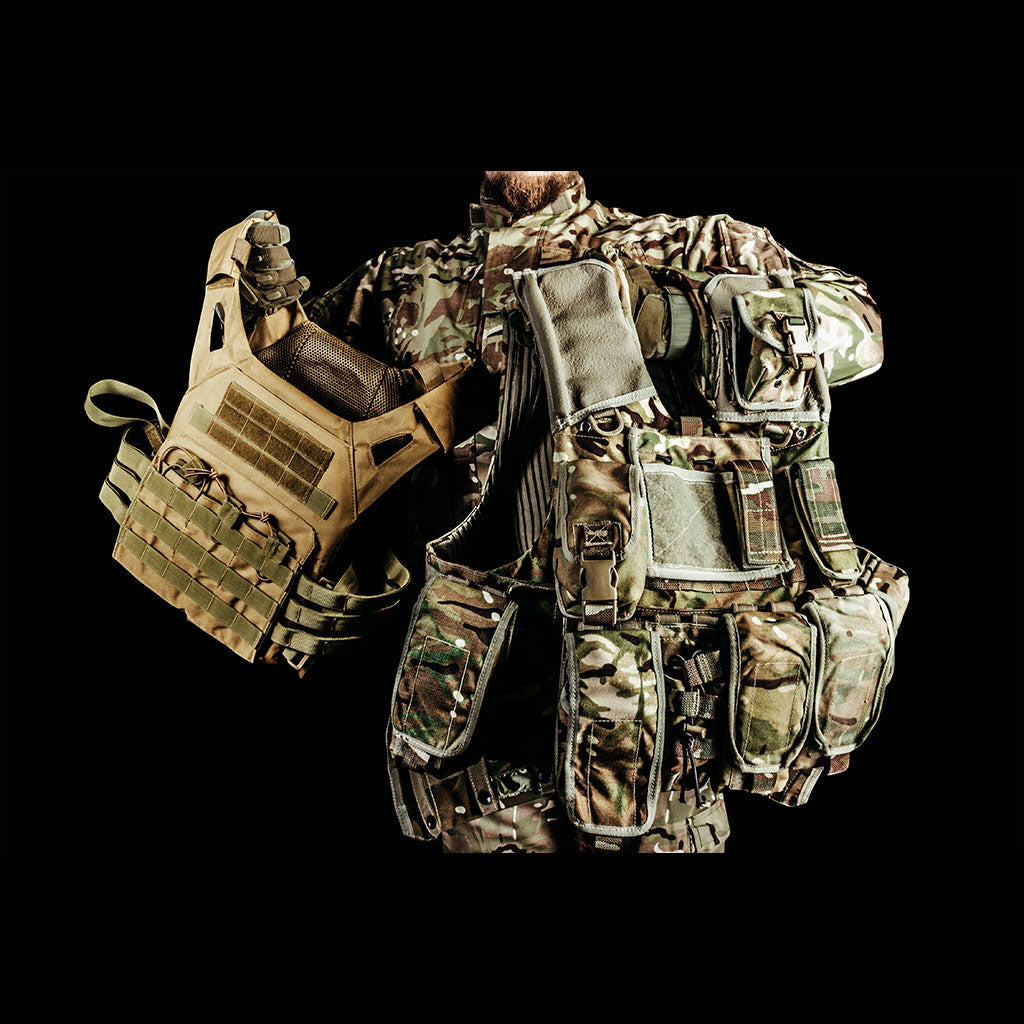
9 Essential Questions for Choosing Trustworthy Rifle Armor: A CAG Guide
Mar 06, 2023
Purchasing dependable rifle armor is a critical decision with life-or-death implications for your organization. With numerous suppliers on the market, extensive research is essential to make an informed choice. We've compiled a list of nine crucial questions, uniquely tailored to CAG, to help you identify the most reliable and appropriate rifle armor for your needs.
Is the Armor NIJ Certified?
- The National Institute of Justice (NIJ) has developed rigorous compliance testing to ensure that body armor meets minimum performance standards for ballistic resistance. Make sure the rifle armor you are considering has active NIJ Level III or Level IV certifications.
What is the Manufacturer's Reputation?
- Verify if the supplier has a proven history as a quality provider of protective armor within the industry. Ensure they are recognized as a trusted and valuable resource for high-quality and cost-effective NIJ certified armor solutions.
Are Internal Testing Measures in Place?
- A reputable armor manufacturer should have a state-of-the-art ballistic testing laboratory. Their lab should be capable of performing most of the tests required under the NIJ's external testing certification, ensuring a high reliability standard for their armor systems.
Does the Armor Manufacturer Have a BA 9000 Certification?
- Ensure that the supplier has a BA 9000 certification, which is a National Institute of Justice (NIJ) body armor quality management standard. BA 9000, an extension of ISO 9001, ensures manufacturers meet specific requirements for ballistic-resistant body armor manufacturing and testing.
What is the Quality of Armor’s Material?
- Inquire about the type and quality of materials used in the armor's construction. High-quality materials such as Kevlar, Dyneema, or Twaron are crucial for ensuring optimal protection and durability.
Are Quality Management Systems Implemented?
- Confirm that the supplier has implemented a Quality Management System (QMS) that is ISO 9001:2008 certified. A robust QMS guarantees a commitment to quality control and continuous improvement in armor production and design.
How Does the Armor Handle Moisture?
- While armor may not be waterproof, it should be water-resistant to some degree. Find out how the armor reacts to moisture and humidity to ensure its durability and effectiveness are not compromised in various conditions.
Is the Supplier the Armor Manufacturer?
- A manufacturer, as opposed to a high-volume distributor, can better guarantee the quality and reliability of their armor. By managing all aspects of design, production, and supply, the manufacturer can ensure greater quality control and stand behind their products with confidence.
Does the Manufacturer Have a History of Supplying to Key Organizations?
- Check if the supplier has a history of providing high-quality armor to federal, state, and local law enforcement agencies or military branches. This can be a strong indication of the manufacturer's credibility and commitment to delivering top-notch protective gear.
Asking these nine questions when evaluating rifle armor will help you make a more informed decision and ensure that your organization is equipped with reliable and high-quality protection.

